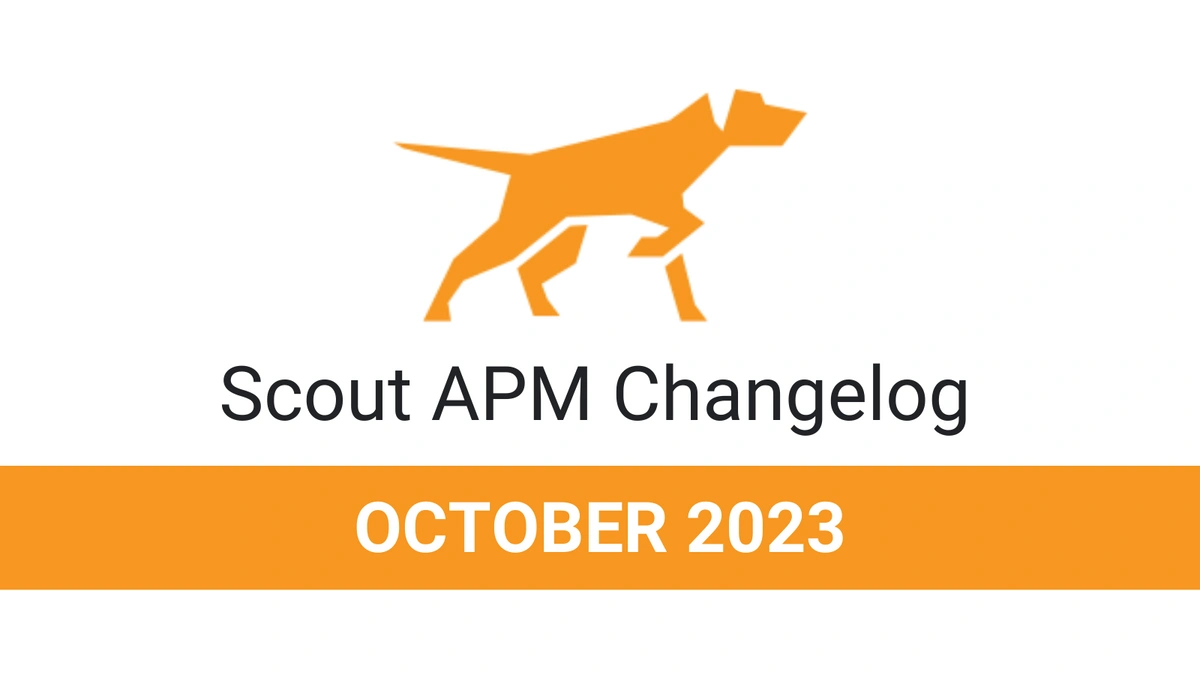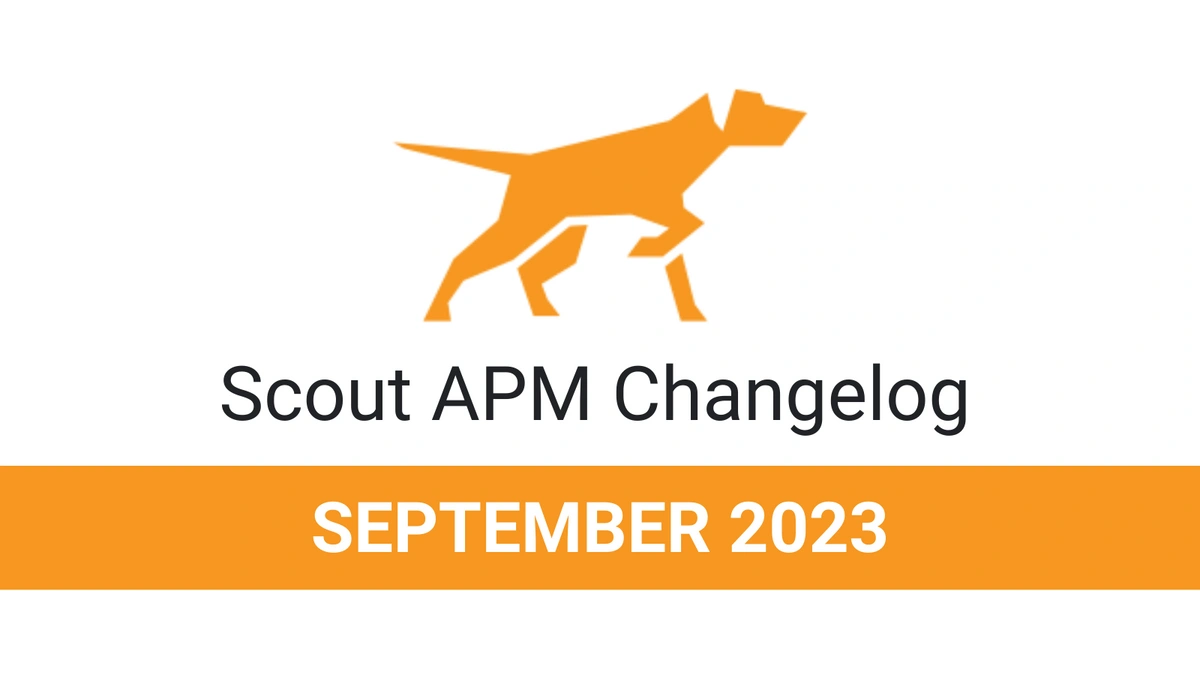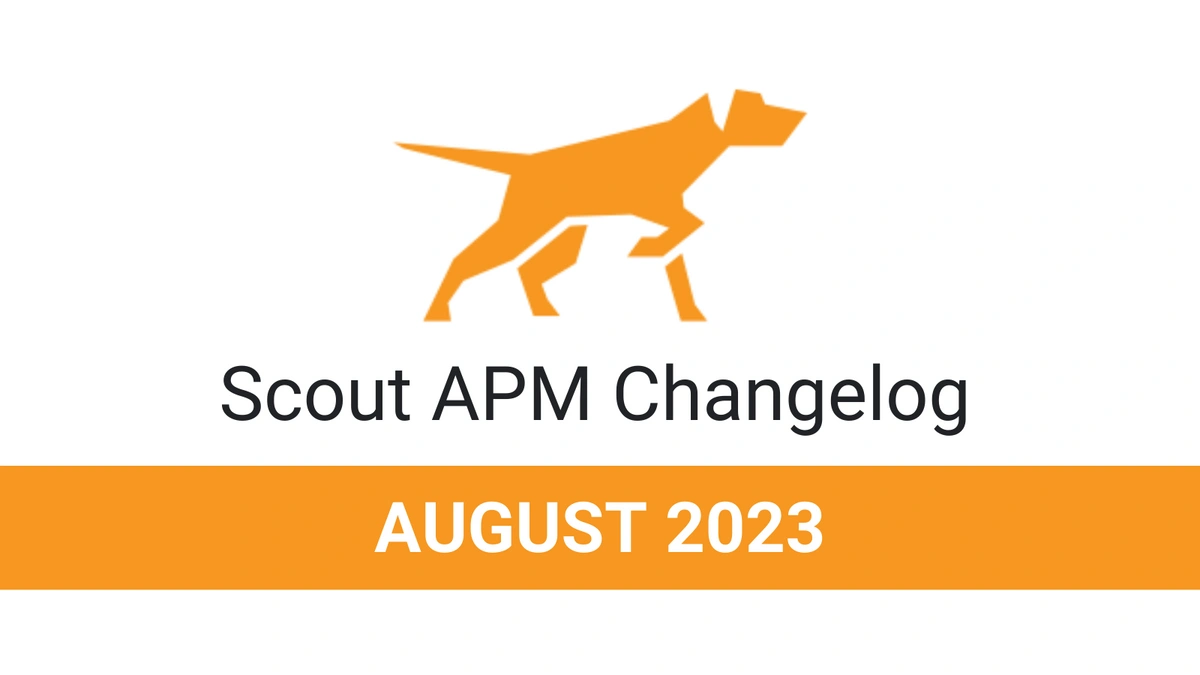When tech startups == closed restaurants

Bootstrapped tech startups are a lot like restaurants started by quality chefs. It’s easy to find restaurants serving award-winning food that fail. There are lots of self-funded startups started by smart developers that either never launch or die a painful death. Writing quality software – just like serving good food – is the foundation, but it’s not going to make you profitable.
Like chefs who take pride in their food and constantly strive to improve it, developers like us are never done making our software better. There is an unlimited list of things we’d like to improve. Better scheduling and planning won’t shrink the todo list – it’s a leaking todo list that spawns another todo when one is completed.
Beyond the kitchen
A chef can detect every imperfection in their food. However, all of the attention on the kitchen means it’s easy to lose track of the basics – the margins, the repeat customers, the service – that make a restaurant sustainable. Our big lesson: focusing on the financial – not the code – builds a better product. For a subscription-business like Scout, that means:
- Increasing the number of signups
- Decreasing the churn rate
Instead of prioritizing based on what our two most demanding customers need (Andre and I), we’re prioritizing based on a far larger sample size: our entire customer base. For our business, this has meant a lot more attention to the little things we’re likely to skip past because we’re so familiar with the product. It means better documentation, making key features easier to use, and showing more ways to utilize Scout.
Summary
A restaurant’s ability to survive is based more on how busy it is rather than the chef’s opinion of the food. In the same way, it’s easier to judge the health of Scout by watching our key financial metrics than through my opinion of the software. We started growing a lot faster when we began judging the health of our product through signups and churn rather than worrying about todos on a development checklist.




